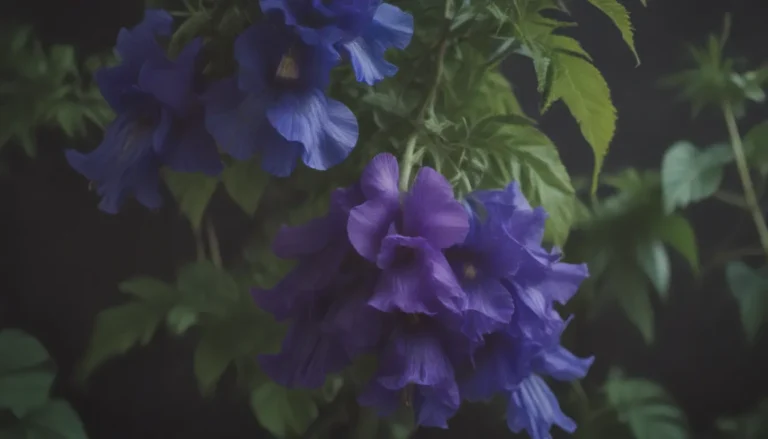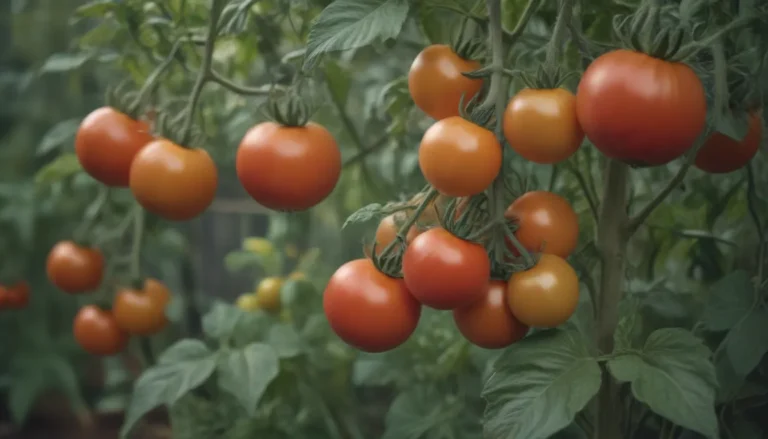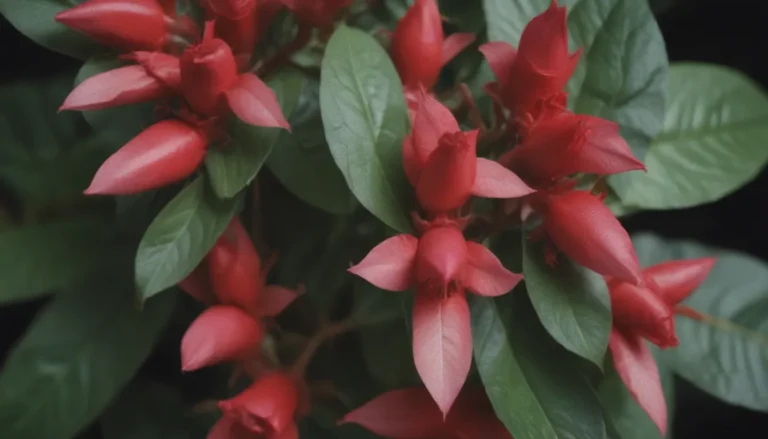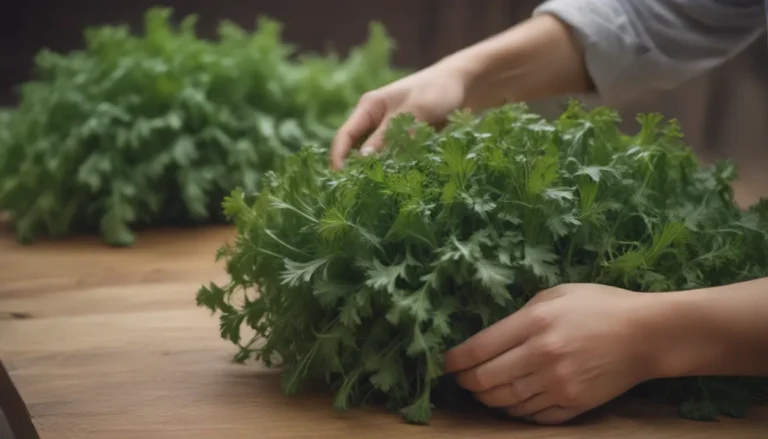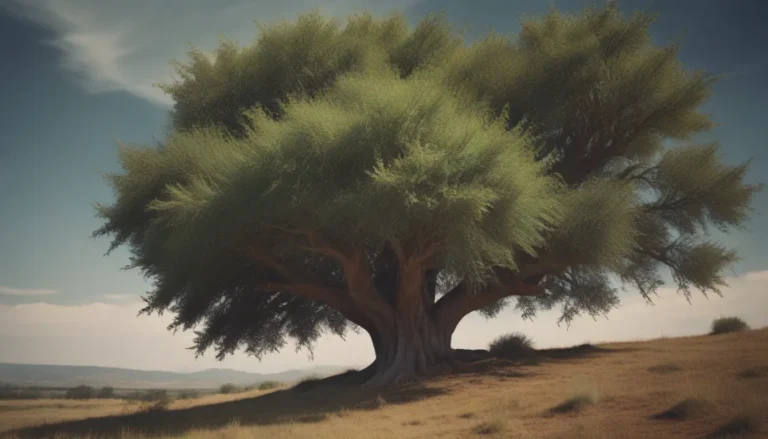The Ultimate Guide to Choosing the Right Fertilizer for Your Garden
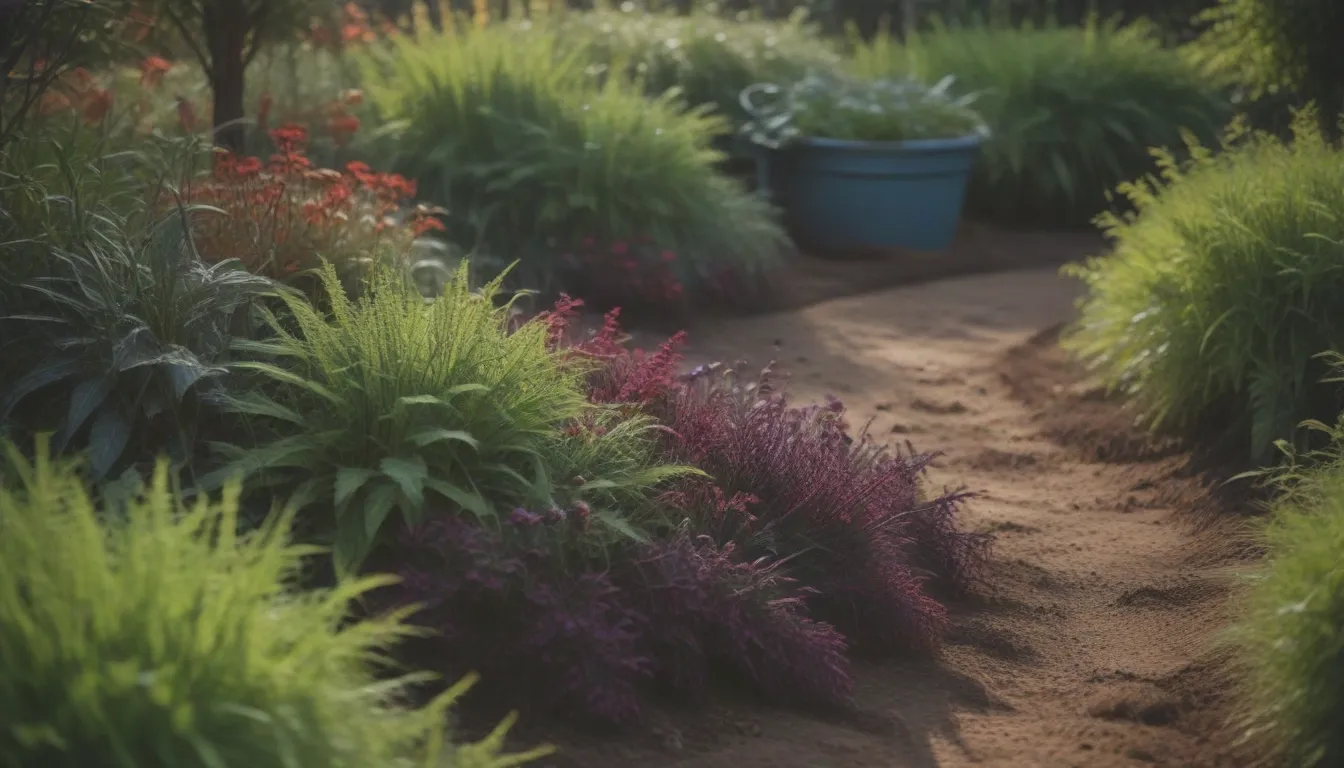
Are you ready to take your gardening game to the next level? Choosing the right fertilizer is key to ensuring your plants thrive and produce bountiful harvests. With so many options available, it can be overwhelming to know which type of fertilizer is best for your specific needs. In this comprehensive guide, we will explore the four main types of fertilizers—compost, mulch, commercial synthetic products, and organic products—and provide valuable insights on how to choose the perfect one for your green thumb projects.
Understanding NPK: The Key to Choosing the Right Fertilizer
Before diving into the details of each type of fertilizer, it’s essential to understand the basics of NPK. When you purchase fertilizer, you will come across an NPK ratio on the packaging, such as 15-10-10. This ratio signifies the percentage of nitrogen, phosphorus, and potassium in the fertilizer. All plants require these three elements to thrive, but different plants may require varying ratios of NPK. This information is crucial in determining the right fertilizer for your specific plants.
Now, let’s delve into the world of fertilizers and explore the benefits of each type:
Synthetic Fertilizer
Best for: providing quick nutrients to lawns, flower beds, and vegetable gardens
Synthetic fertilizers are chemically manufactured products available in various forms, including slow-release, full-strength, ready-to-use, and concentrates. They deliver nutrients quickly to plants and are available in all-purpose formulas or specialized formulations for specific plants like tomatoes, roses, trees, and houseplants. Here are some pros and cons of synthetic fertilizers:
Pros:
– Easy to apply
– Works fast
– Ideal for lawns
– Comes in various forms
Cons:
– Requires repeated applications
– Can be more expensive
Synthetic Fertilizer Forms
- Liquid
- Granules or powder
- Spike fertilizers
Synthetic fertilizers offer a convenient and efficient way to feed your plants with essential nutrients. They are ideal for gardeners looking for quick results and targeted nutrition for specific plant varieties.
Compost
Best for: improving soil health in vegetable gardens and flower beds
Compost is a mixture of organic materials such as grass clippings, leaves, kitchen scraps, and manure. It serves as an excellent soil amendment and can be tilled into existing soil to enhance its fertility. Here are the pros and cons of using compost:
Pros:
– Recycles food scraps
– Improves soil texture
– Adds nitrogen to the soil
Cons:
– Acts slowly
– Not suitable for existing lawns
Tip:
Consider planting a cover crop in your vegetable garden to enrich the soil with natural nutrients.
Commercial Organic Fertilizer
Best for: small-scale applications and environmentally conscious gardeners
Commercial organic fertilizers contain natural ingredients like bloodmeal, bonemeal, fish emulsion, and kelp meal. These products are effective in providing essential nutrients to plants while avoiding the use of synthetic chemicals. Here are the pros and cons of commercial organic fertilizers:
Pros:
– Effective for small areas
– Environmentally friendly
Cons:
– May be more expensive
Commercial Organic Fertilizer Types
- Bloodmeal
- Fish emulsion
- Bonemeal
- Worm castings
- Animal manure
Commercial organic fertilizers are a great choice for gardeners who prefer natural, environmentally friendly options for their plants.
Mulch
Best for: protecting plants and enhancing the appearance of landscaping
Mulch, made from natural materials like tree bark, straw, and leaves, serves as a protective layer for soil, retaining moisture and suppressing weed growth. Here are some pros and cons of using mulch in your garden:
Pros:
– Eco-friendly solution
– Retains soil moisture
– Suppresses weeds
Cons:
– Synthetic mulch may contain harmful chemicals
– Natural mulches may break down slowly
Natural Mulch Types
- Wood
- Straw
- Grass and leaf clippings
Natural mulch is a fantastic addition to flowerbeds and landscape plants, providing both aesthetic appeal and functional benefits to your garden.
Choosing the Right Fertilizer for Your Garden Projects
Selecting the best fertilizer for your garden can be a straightforward process once you understand your plants’ specific needs. Here are some tips on choosing the right fertilizer for different types of green thumb projects:
Synthetic Fertilizer
- Ideal for lawns, flowerbeds, trees, and shrubs
- Provides quick nutrients without disturbing the soil
- Suitable for established plantings and transplants
Organic Fertilizer
- Best for environmentally conscious gardeners
- Great for specific plant types like orchids, roses, and fruits
- Perfect for small-scale applications and personal consumption
Compost
- Enhances soil fertility and texture
- Ideal for long-term soil improvement and annual addition to vegetable gardens
- Works well for flowerbeds, shrubs, and edible crops
Mulch
- Adds a protective layer to soil and retains moisture
- Enhances the appearance of landscape plants
- Provides slow-release nutrients to plants over time
By understanding the benefits and applications of each type of fertilizer, you can choose the perfect option for your gardening projects. Whether you are looking to boost the growth of your lawn, enrich your vegetable garden, or enhance the appearance of your flowerbeds, there is a fertilizer that meets your needs.
In conclusion, fertilizers play a crucial role in maintaining healthy and thriving plants in your garden. By selecting the right type of fertilizer based on your plants’ requirements and your gardening goals, you can ensure a successful and fruitful growing season. Experiment with different types of fertilizers to see which works best for your specific plants and watch your garden flourish with vibrant colors, lush foliage, and abundant harvests.
Remember, the key to a successful garden lies in providing your plants with the essential nutrients they need to thrive. With the right fertilizer by your side, you can enjoy a beautiful, healthy garden that will bring joy and satisfaction for years to come. Happy gardening!
